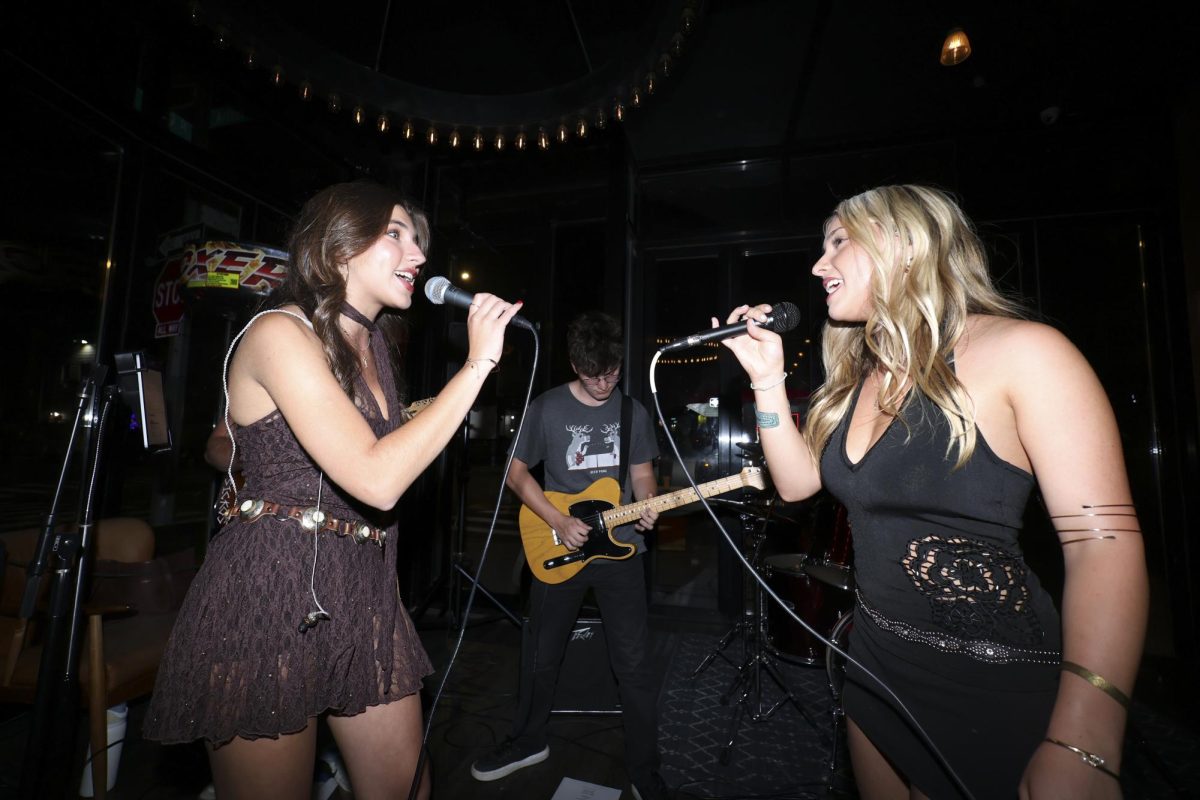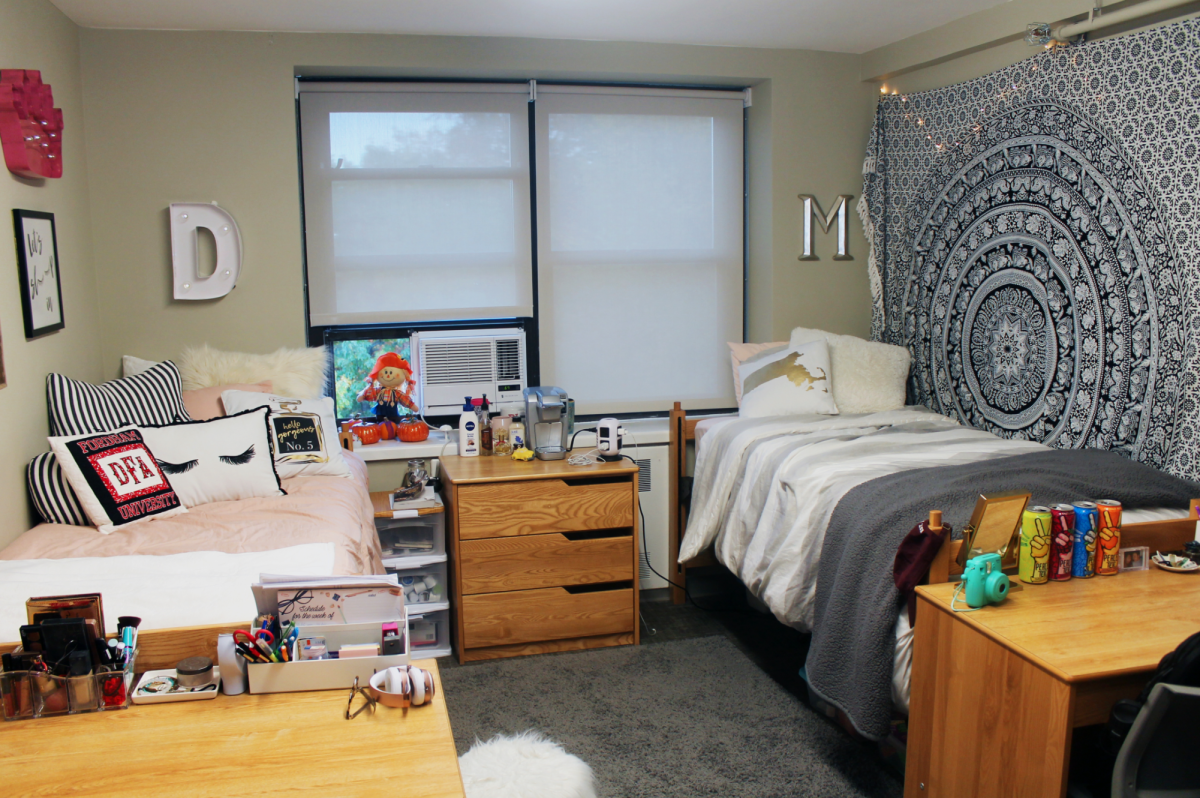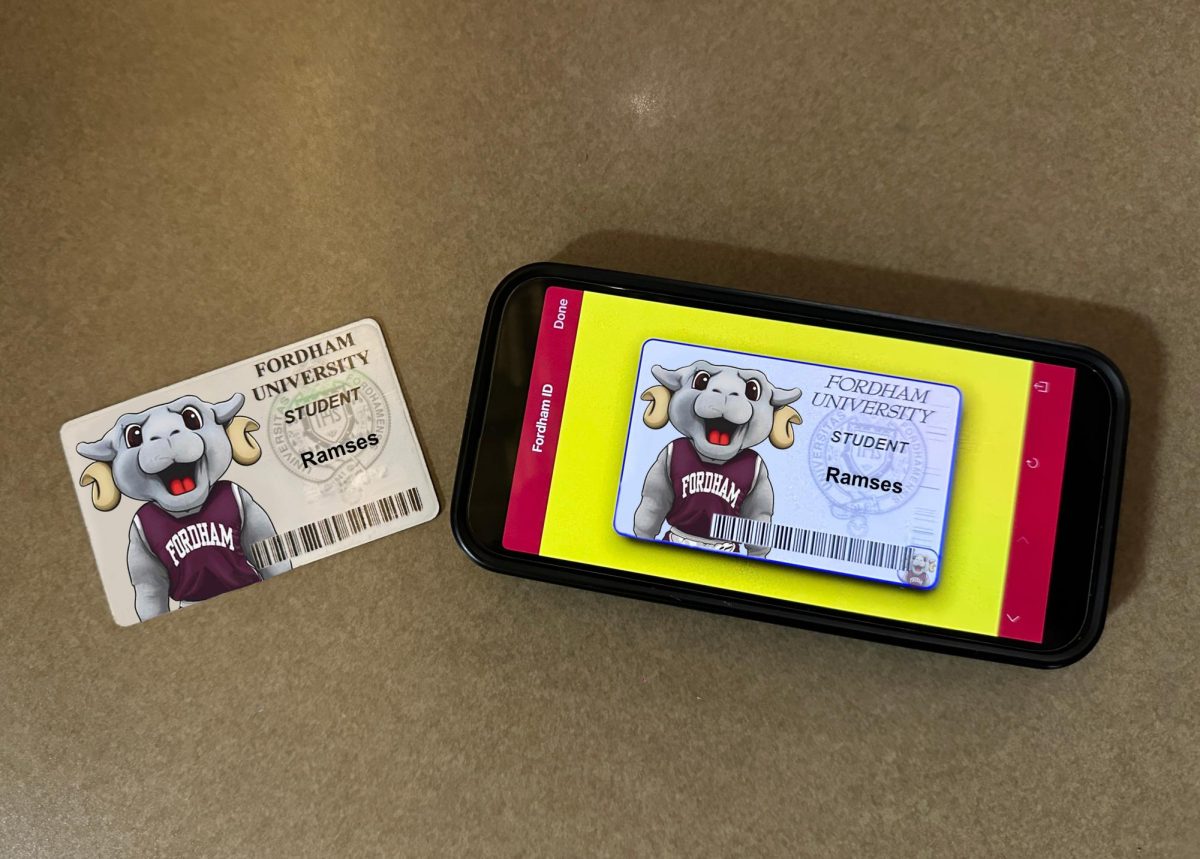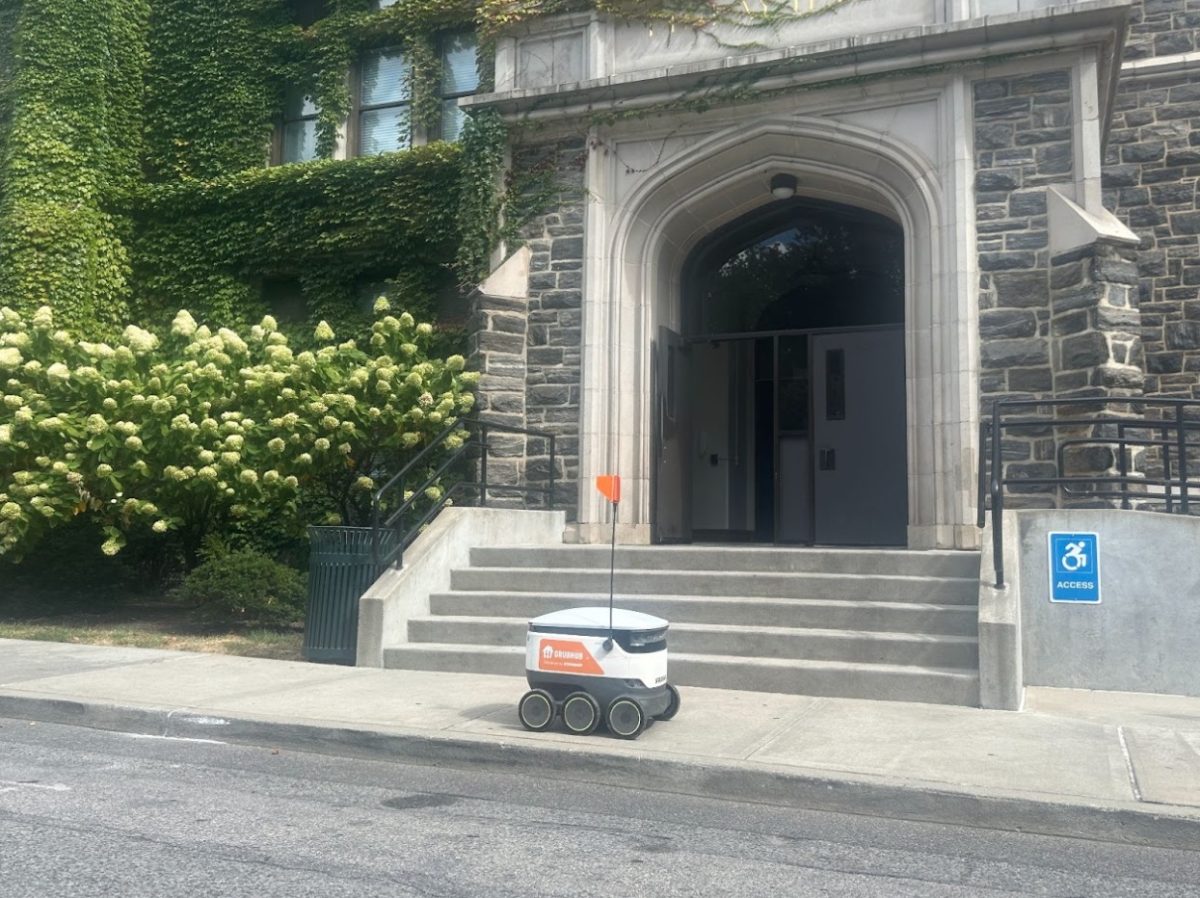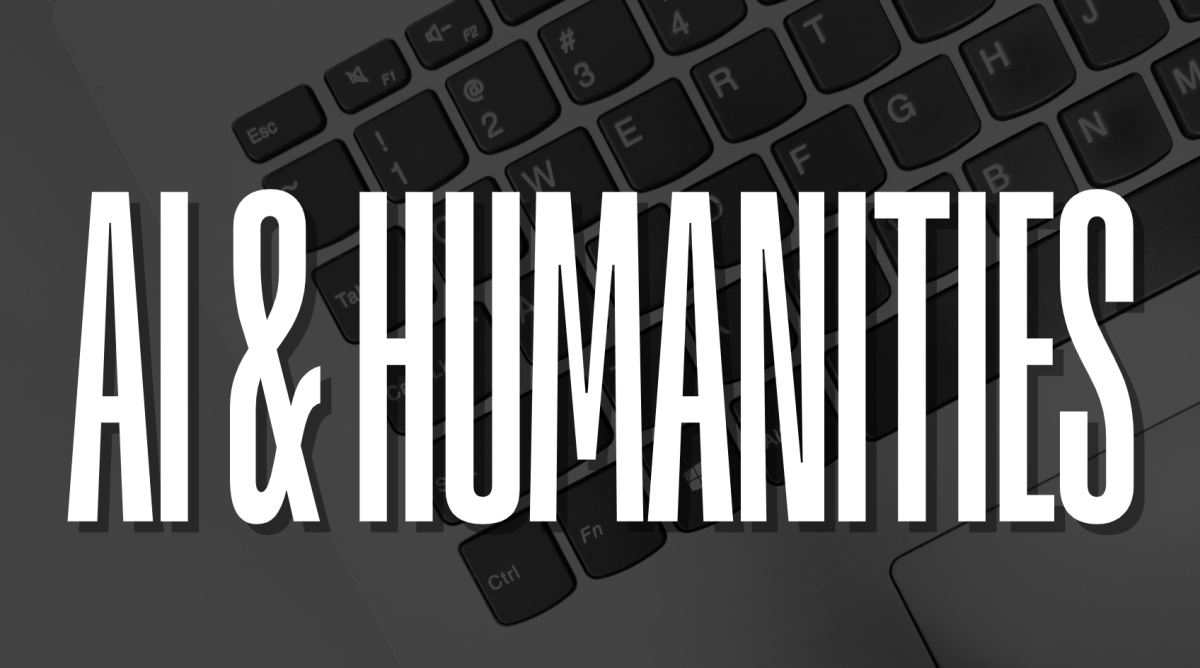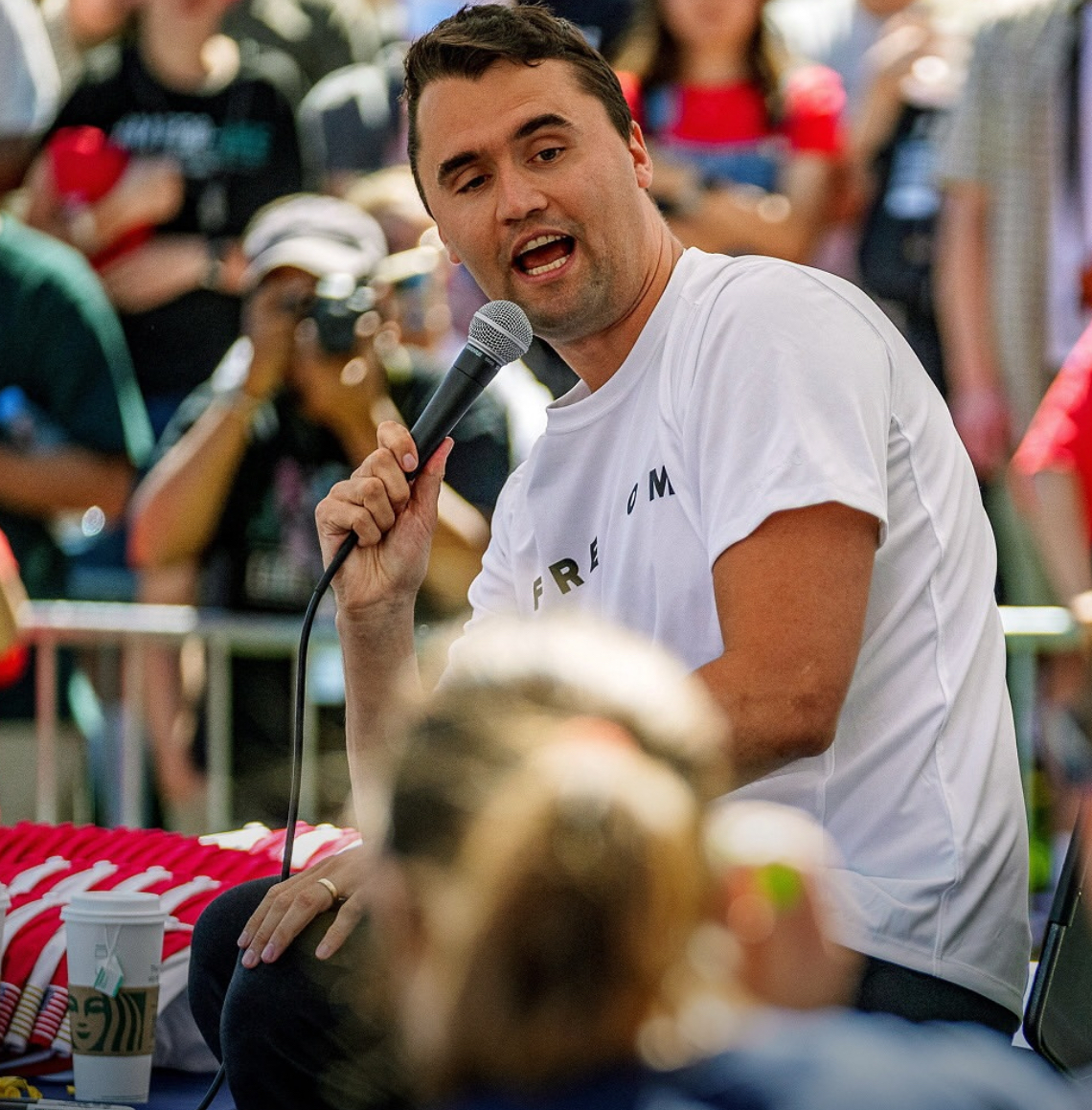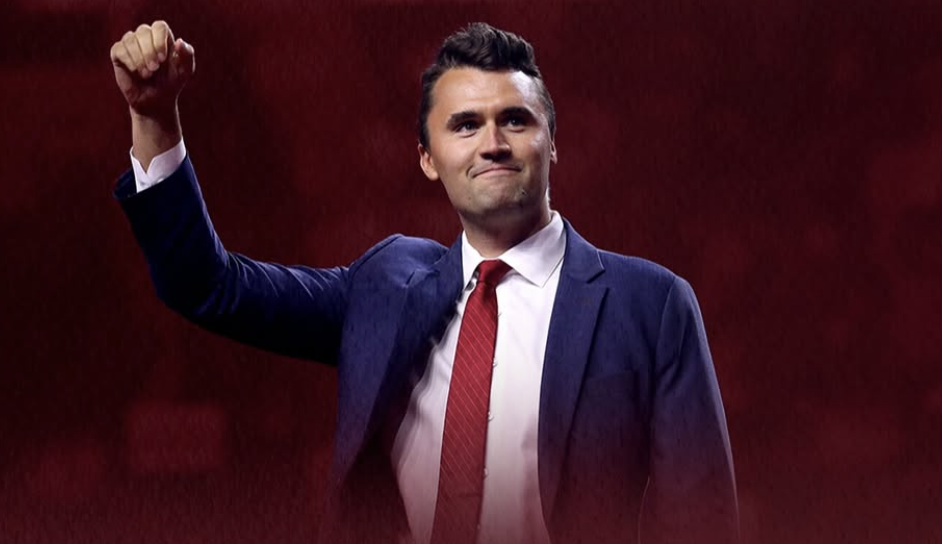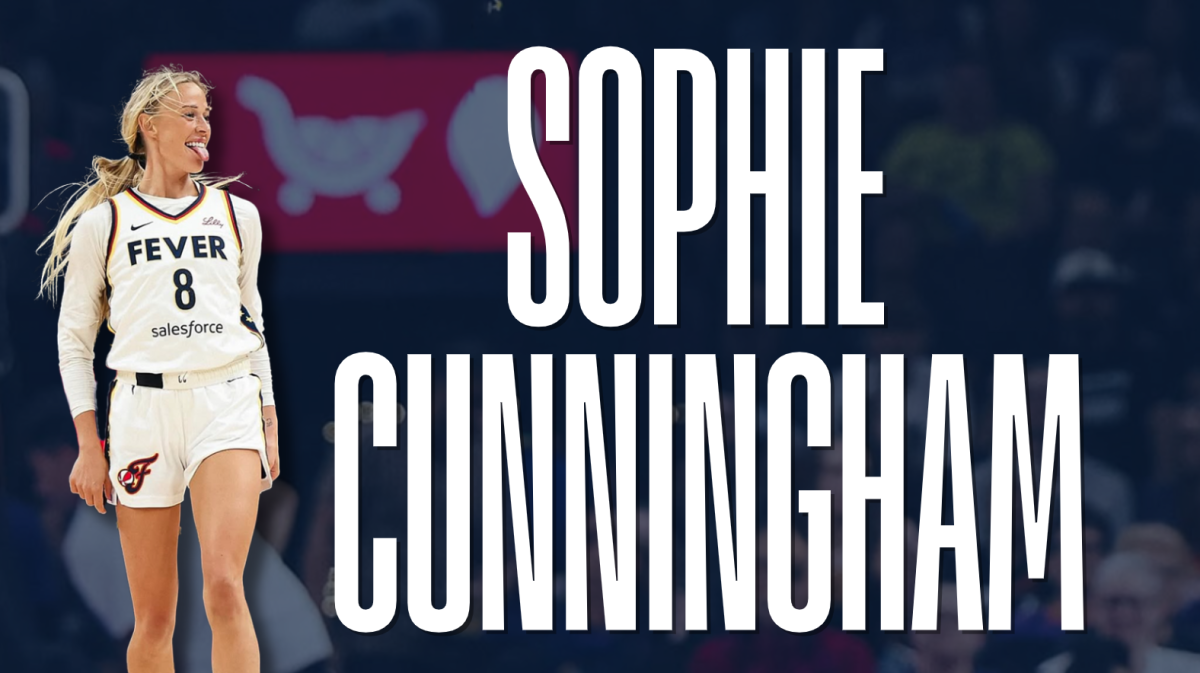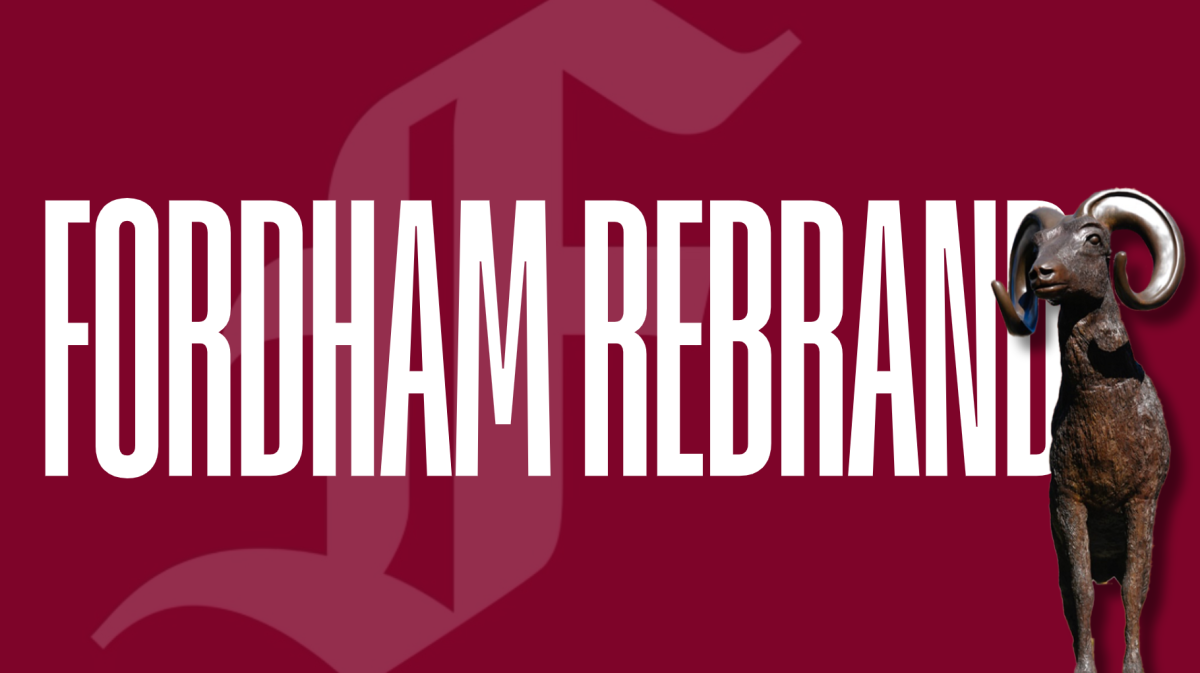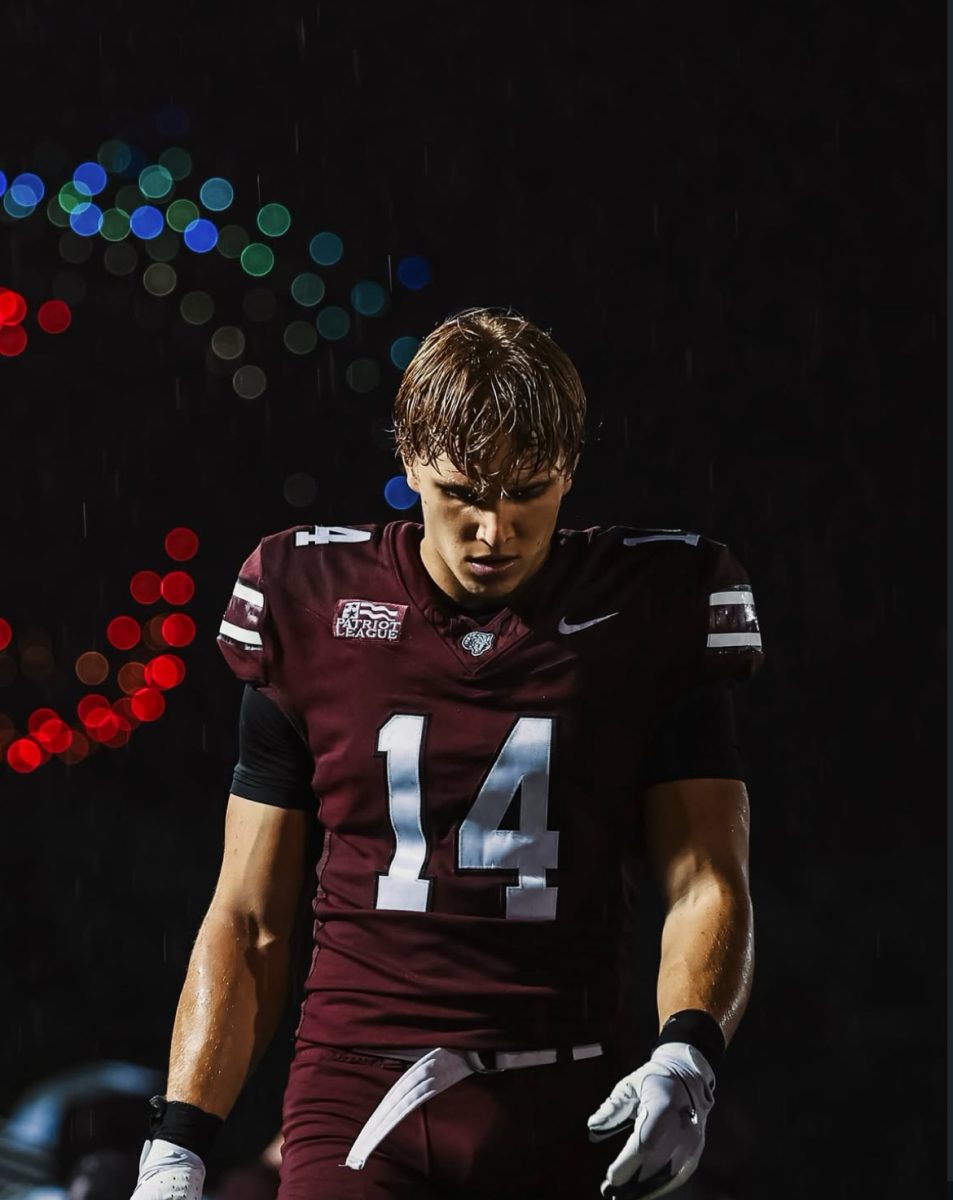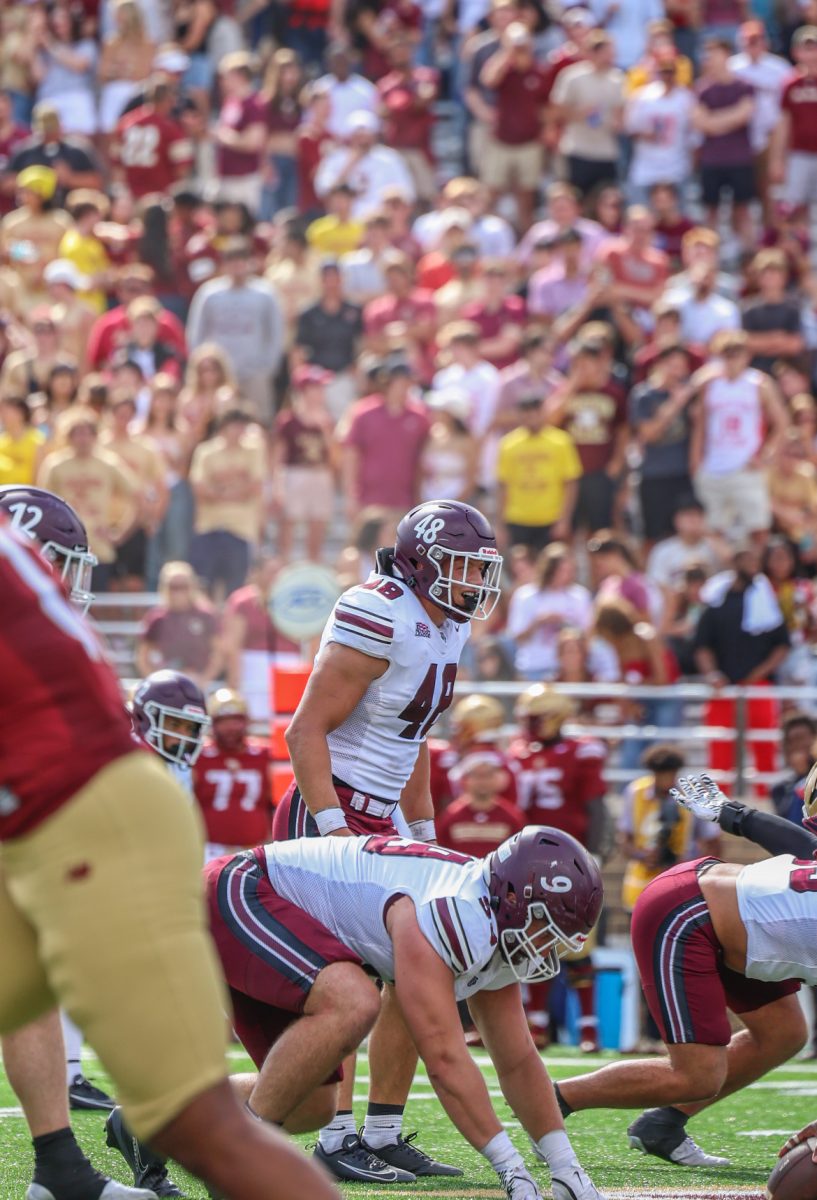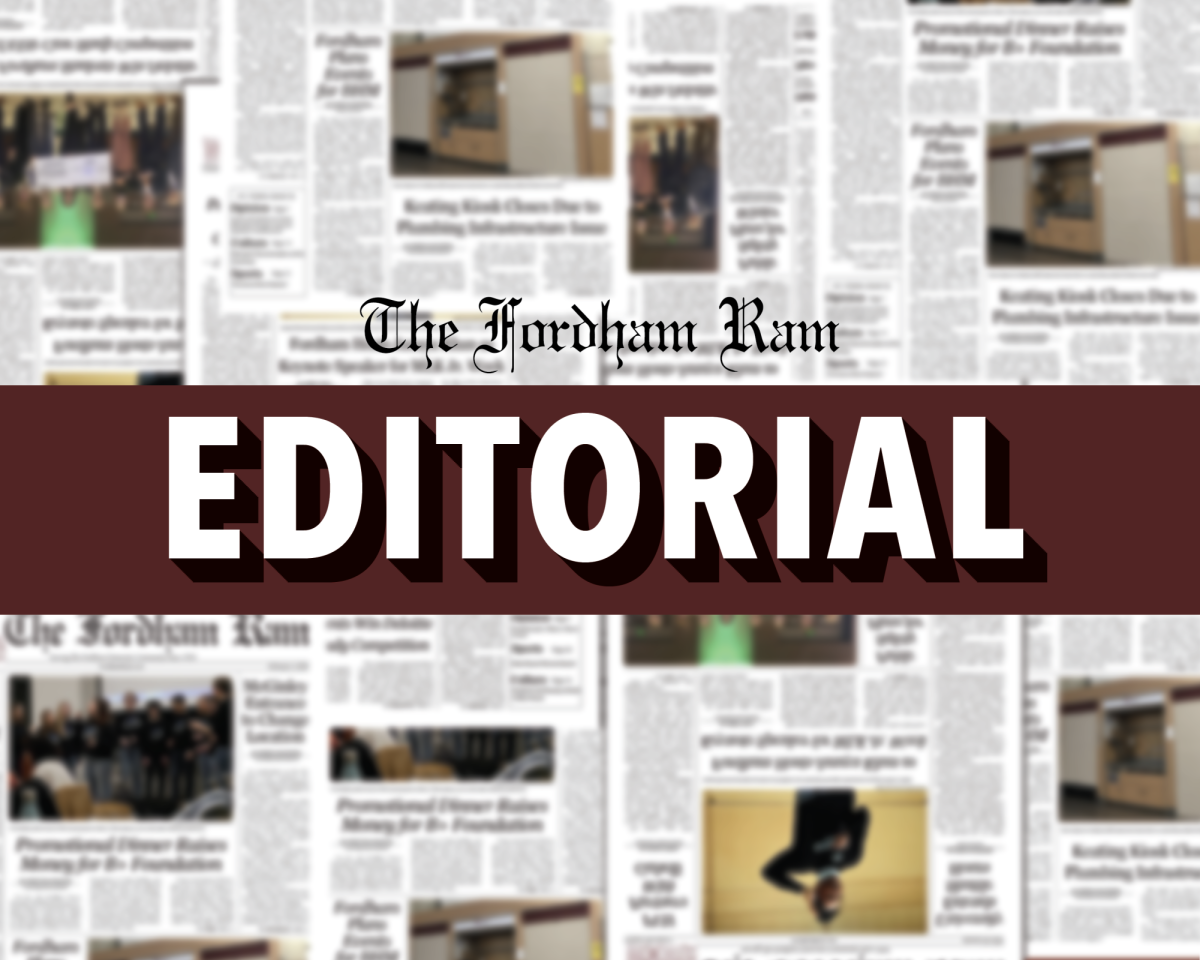Last week, 43.15 million people tuned into the CBS News vice presidential debate with Republican candidate Ohio Sen. J.D. Vance and Democrat Minnesota Gov. Tim Walz. If you watched the CBS debate, you may have noticed a QR code on the screen. Scanning the QR code would bring you to the CBS News website, where reporters fact-checked the debate in real-time. Each debate this election season has had a different way of live fact-checking. At the first presidential debate in June with President Joe Biden and former President Donald Trump, CNN took a hands-off approach to fact-checking. During the ABC News debate with Vice President Kamala Harris and Trump, moderators were more active with their fact checks. Before the vice presidential debate, CBS announced that they would follow CNN’s lead by having their moderators take a more passive approach to live fact-checking, with most of it taking place on their website. We believe that during a debate, voters deserve to know the facts, which is why it should be expected for candidates to be held accountable for the claims by the moderators with live fact-checking.
Presidential debates as we know them now are a product of the television era. The first televised debate was between former Presidents John F. Kennedy and Richard Nixon in 1960. Starting in 1988, both party’s presidential candidates attended debates hosted by the non-partisan Commission on Presidential Debates. This organization was responsible for the debate format and would pick the moderator. However, this format was turned on its head when, two years ago, the Republican Party voted to ban their candidates from participating in the debate held by the Commission. Then, earlier this year, the Biden campaign announced he would also not participate in a debate from the Commission. The campaigns directly negotiated two debates that network news organizations would host. Instead of the Commission picking the moderator, network news organizations’ anchors have been put front and center.
Since different media companies have hosted debates, it is interesting to see how the debate formats differ. CNN’s approach was to have the moderators, Jake Tapper and Dana Bash, guide the discussion so Biden and Trump would have the time to elaborate on issues without interruption. If a candidate brought up any false claims, CNN stated it would be up to the other candidate to fact-check them. During the debate, CNN found that Trump made false claims 30 times, but the moderators did not address it live. CNN also found Biden made nine false claims. It has been reported in Variety that CNN decided to go this route because it did not want its reporters to be seen as biased by the American people.
ABC News took a different approach. The organization decided that moderators David Muir and Lindsey Davis would have the ability to live fact-check statements from Harris and Trump. One notable example of this was when Trump falsely claimed that migrants in Springfield, Ohio, were eating cats and dogs. Muir pushed back and said ABC News had confirmed that the story was fake from the town manager. Trump went on “Fox & Friends” the next day and complained that the debate was a “three to one” and “rigged deal.”
In the lead-up to CBS’s debate, it seemed they would take the CNN approach. CBS News released a statement that moderators Norah O’Donnell and Margaret Brennan would leave it up to the candidates to fact-check each other. The actual debate appeared more like a mix of CNN and ABC’s approaches. There was a moment when the moderators clarified a claim Vance made about Haitian immigrants, and he questioned the moderators about why he was getting fact-checked. When he wouldn’t move on, the moderators muted the microphones. Trump was watching and subsequently wrote on Truth Social, “Both young ladies have been extremely biased Anchors.”
This year’s three debates demonstrate that American media does not have a consensus on what the role of the moderator in a presidential debate should be. However, a debate is only valuable to the audience if a moderator effectively keeps the candidates in check. We think CNN’s approach creates an environment where candidates from both sides may feel too comfortable making false claims on the stage. People in positions of power should never feel uncomfortable being questioned because it’s part of the job. While ABC News has faced criticism for their fact-checking, we think that moderators being able to probe candidates for these powerful positions is a sign of a healthy media environment. If a fact check makes you uncomfortable, go to a political rally instead.











